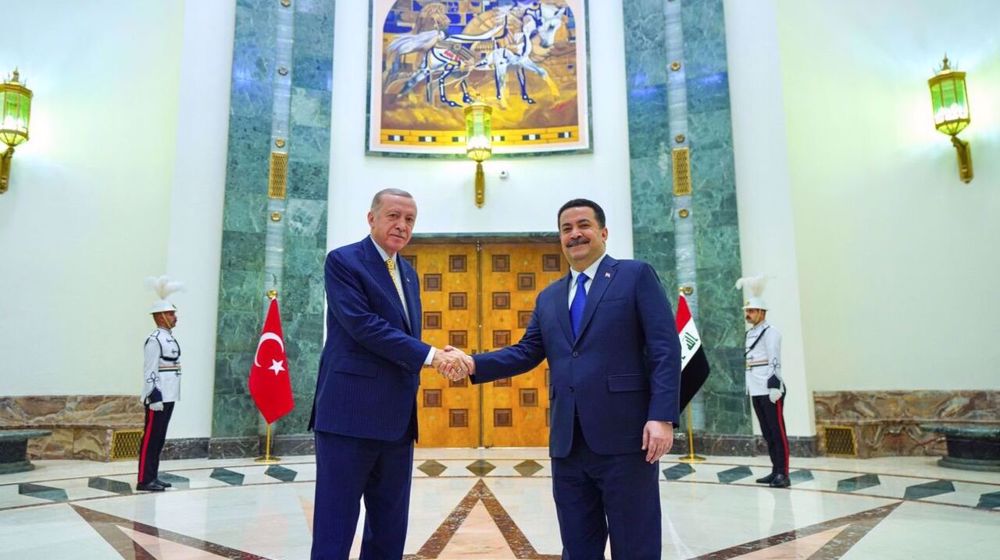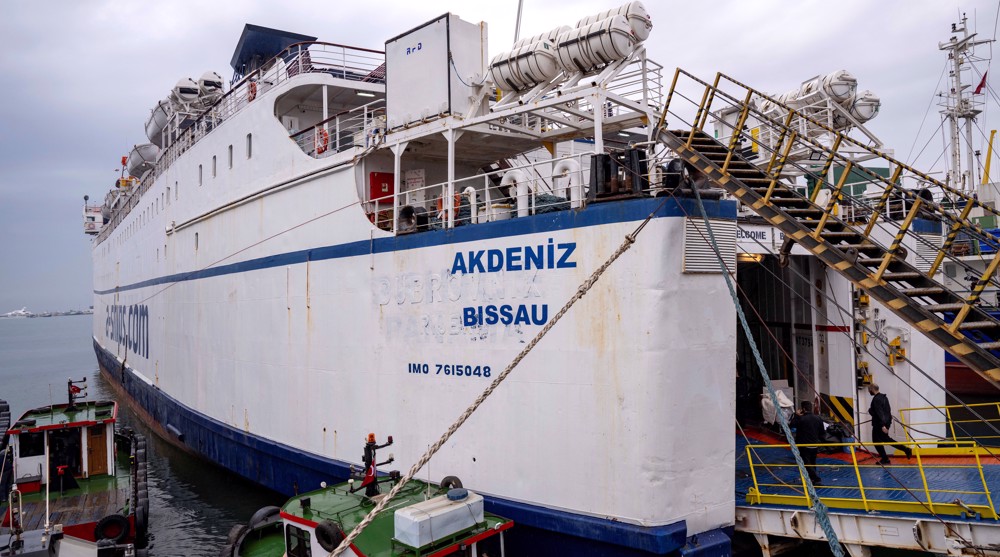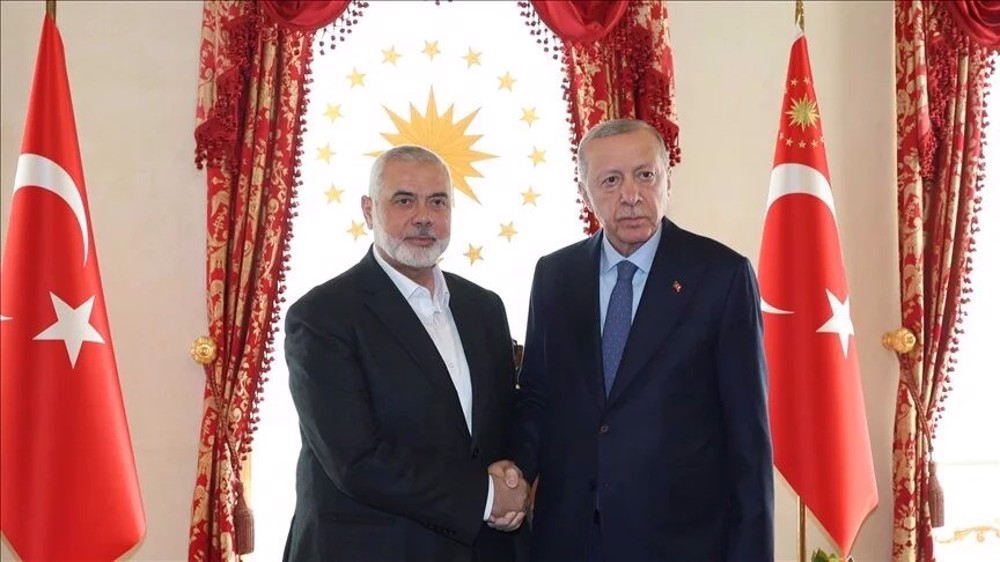Mafia state in Turkey behind blasts: HDP leader
The leader of Turkey's main pro-Kurdish party has blamed a "mafia state" in the country over the death of dozens of people in twin blasts in the capital, Ankara, that targeted pro-Kurdish members and activists.
"We are faced with a huge massacre. A vicious, barbaric attack has been committed," Peoples' Democratic Party (HDP) leader Selahattin Demirtas said in Ankara on Saturday.
"We are faced with a murderous state which has turned into a mafia and a state mentality which acts like a serial killer," Demirtas said.
On Saturday, twin explosions targeted activists who had convened outside Ankara's main train station for a peace rally organised by leftist and pro-Kurdish opposition groups. Ankara has said 86 people were killed and 186 wounded in the attacks. However, HDP says the death toll stands at over 97 people.
Demirtas said the attack was a repeat of the bombing of an HDP rally in the southeastern city of Diyarbakir ahead of June 7 elections and a July 20 bombing blamed on Daesh Takfiris in the town of Suruc that killed scores of pro-Kurdish activists. The bombing of the HDP rally in Diyarbakir killed four people while the bomb attack in Suruc left 32 pro-Kurdish activists dead and hundred others wounded.
"Is it possible that a state with such a strong intelligence network did not have prior information on the attack?" Demirtas said, adding, "It's a continuation of the type of attacks in Diyarbakir and Suruc. Is it possible that it [the state] didn't have any information in Suruc, Diyarbakir?"
Three days of mourning
Turkish Prime Minister Ahmet Davutoglu has declared three days of national mourning over the blasts in Ankara.
The premier said the terrorist attacks target democracy, stability and unity in Turkey.
Davutoglu said there were "strong signs" that the blasts were due to two bombers blowing themselves up, adding that Daesh Takfiris, the PKK militants and the outlawed leftist Revolutionary People's Liberation Party-Front (DHKP-C) are potential suspects. He added that an investigation is continuing into the attack.

The Turkish government had earlier described the bombings as a “terrorist attack.”
President Recep Tayyip Erdogan condemned the blasts as a “heinous attack” on the country’s “unity” and “peace.” He said the perpetrators would be found and “be delivered to justice.”

Need to ‘stand united’
The European Union foreign policy chief, Frederica Mogherini, has called on Turkey to stand united against terrorism in the wake of the Ankara bombings.
“Turkish people and all political forces must stand united against terrorists and against all those who try to destabilize a country that is facing many threats,” the EU chief stated.
PKK halts activities in Turkey
Meanwhile, the Kurdistan Workers’ Party (PKK) has called on its members to halt militant activities in Turkey unless they are threatened by an attack.
On Saturday, the Firat news agency, which is close to the PKK, cited the group’s head as saying that the militants had been ordered to stop activities inside Turkey following calls from both in and out of the country.
The PKK reportedly said its militants would avoid acts that could prevent “fair and just election,” which is scheduled to be held on November 1. In the June polls Erdogan's party lost its overall majority after HDP's major gains.
The PKK announcement came just hours after the Ankara blasts.
Turkey military operations
Turkey has been engaged in one of its biggest security operations in the southern border region in the recent past. The Turkish military has been conducting offensives against alleged positions of the Daesh Takfiri terrorists in northern Syria as well as those of the PKK in northern Iraq and southeastern Turkey.
The security operations began in the wake of the deadly July 20 bombing in Suruc. On July 22, the PKK claimed responsibility for the killing of two Turkish police officers, saying they were cooperating with Daesh.
The PKK has been fighting for an autonomous Kurdish region inside Turkey since the 1980s. The conflict has left tens of thousands of people dead.
On Friday, the PKK announced its readiness to strike a new deal with the government in Ankara, three months after the previous two-year ceasefire deal was ended.
April 24: ‘Axis of Resistance’ operations against Israeli occupation
Tabas sand defeats US military
'US secretly sent long-range ATACMS missiles to Ukraine in recent weeks'
Iran: Awakened world public opinion determined to stop Israel war crimes
US House speaker wants National Guard to quell pro-Palestine student protests
Iran, Russia sign MoU to strengthen security cooperation
VIDEO | Iran marks defeat of US military operation in Tabas Desert
VIDEO | Press TV's news headlines









 This makes it easy to access the Press TV website
This makes it easy to access the Press TV website